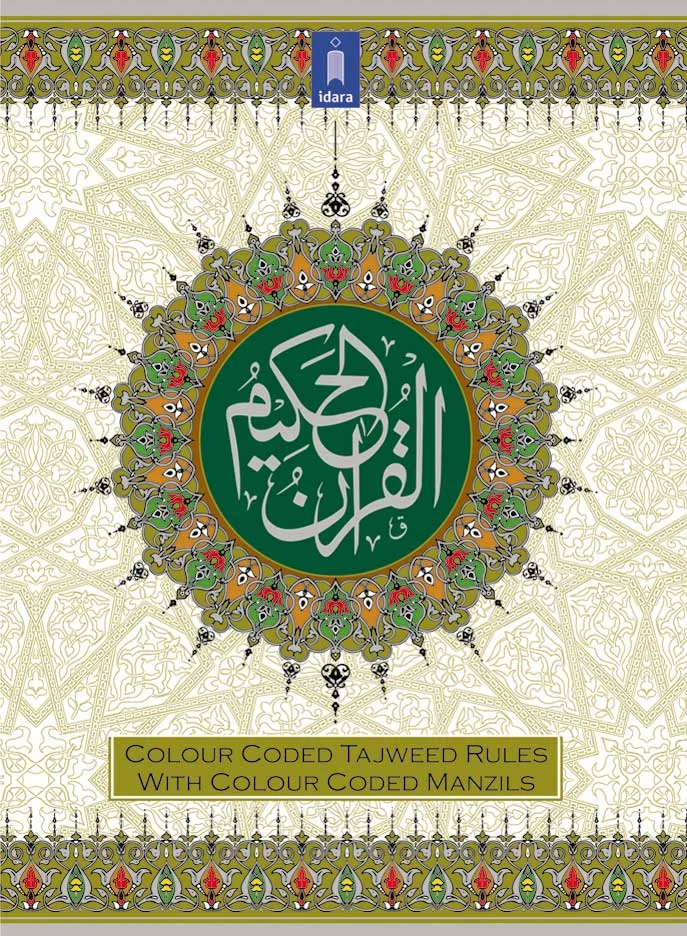Owning an Islamic library at home is one of the most meaningful steps a Muslim family can take. A personal collection of Islamic books not only enriches one’s faith but also creates a legacy of knowledge for future generations. With access to authentic Islamic books through platforms like Abdul Jabbar Book Seller, building such a library is easier than ever.
Why Every Muslim Should Have an Islamic Library
An Islamic home library functions as both a learning center and a source of spiritual enrichment. Whenever a question arises, a family can consult books written by authoritative scholars. It also reinforces the importance of knowledge, reminding children and adults alike that reading is central to Islam.
The Prophet Muhammad (peace be upon him) emphasized learning, stating that seeking knowledge is obligatory for every Muslim. A home library becomes a daily motivator for fulfilling this obligation.
Essential Categories for Your Library
To create a comprehensive library, consider the following essential categories:
- Qur’an and Tafsir: Every library should begin with copies of the Qur’an and its translations. Tafsir works by scholars such as Ibn Kathir or Sayyid Qutb provide deeper meanings and historical context.
- Hadith Collections: Books such as Sahih al-Bukhari, Sahih Muslim, and Riyad-us-Saliheen are invaluable for understanding the sayings and actions of the Prophet.
- Seerah (Biography): Works on the life of the Prophet provide moral and spiritual guidance. Books like Ar-Raheeq Al-Makhtum (The Sealed Nectar) are highly recommended.
- Fiqh and Islamic Jurisprudence: Fiqh books help with practical aspects of daily life, be it prayer, fasting, or Islamic rulings surrounding finances and marriage.
- Contemporary Issues in Islam: Modern writings address how Muslims can live faithfully in today’s globalized world.
Tailoring for Beginners and Advanced Learners
Not everyone in the household may have the same level of knowledge. Beginners may find simplified tafsir editions and introductory Hadith collections more approachable, while advanced learners may seek multi-volume scholarly works. A well-equipped library should cater to both.
Tips for Organizing Your Library
- Dedicate a quiet corner or room for reading.
- Arrange books by category for accessibility.
- Maintain an index or digital list of your collection.
- Set aside family reading times, encouraging children to read from the Seerah or simplified stories of prophets.
Online Bookstores as Your Partner in Knowledge
In earlier times, these books were available only at large Islamic centers. Today, Abdul Jabbar Book Seller provides nationwide delivery, giving families access to authentic Islamic editions at affordable prices. Whether you want to start small with just a set of Qur’an translations or build an advanced scholarly collection, the resources are only a click away.
Passing Knowledge to the Next Generation
Your personal library becomes a gift to your children. Alongside modern subjects they learn at school, the library reminds them of their roots and helps instill strong moral values. Many families pass their book collections down as heirlooms, reflecting the heritage of lifelong learning.
Conclusion
Building an Islamic library at home is an act of devotion. It strengthens your family’s spiritual foundation and ensures knowledge remains alive across generations. With platforms like Abdul Jabbar Book Seller, this task has never been more convenient or inspiring.


